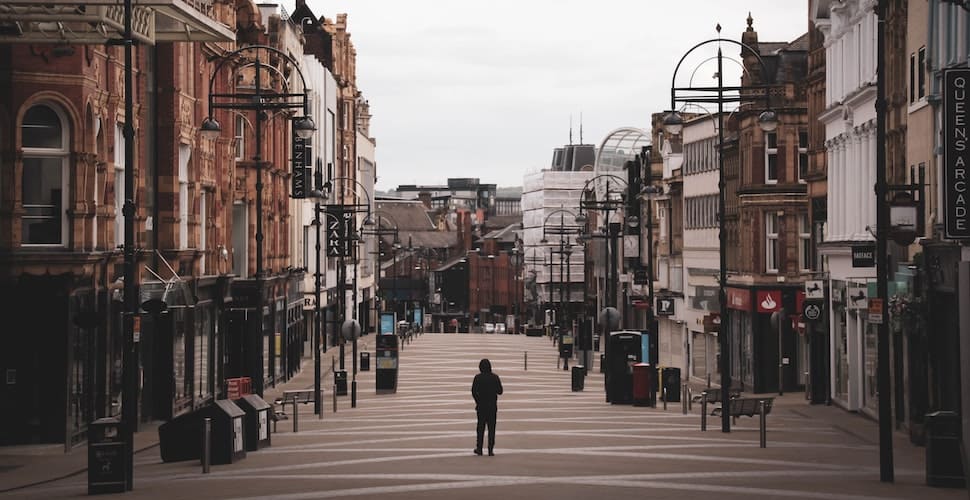Thousands of modern slavery victims in the United Kingdom have reportedly had their government support cut off during lockdown, leaving them desperate and at risk of re-exploitation.
The Home Office, the U.K. interior ministry, provides those formally identified as victims of modern slavery through the government’s National Referral Mechanism (NRM) with £65 per week for 45 days, at which point a new assessment of their needs is carried out.
But while other forms of support to modern slavery victims—such as accomodation in safe houses—have been extended in response to the pandemic, the Home Office has made no such concession in its financial assistance.
With the pandemic and lockdown seriously raising modern slavery risks, lawyers and campaigners have accused the government of abandoning victims and survivors of modern slavery and an extraordinarily vulnerable time.
Food banks, legal services, and other key forms of outside support are unavailable to most victims during the pandemic, meaning they are especially reliant on the government’s financial aid.
One Ethiopian woman said she was in a desperate position after her support was cut off during lockdown, despite having been formally identified as a trafficking victim just months earlier.
Limited to the meager £35.59 she receives as an asylum seeker, the woman found herself unable to meet her basic needs and unable to purchase enough food to self-isolate when she developed a bad cough in April.
The Independent reports:
Ahmed Aydeed, a director of public law at Duncan Lewis Solicitors, has three clients whose support was cut off shortly after they were identified as trafficking victims during the pandemic. He said the “cliff edge” cut-off in support showed that the Home Office was failing to consider their needs – and, in turn, placing them at risk of re-exploitation.
“Imagine you’re suffering from PTSD [post-traumatic stress disorder] because of your experience of trafficking, and now you’re locked in on your own with little money. No sound-minded home secretary would take away specialist support from survivors during this pandemic,” he said.
The Home Office responded to the allegations saying that support would be cut off only in the event that it was no longer needed, or that the victim in question could safely transition to other support services.
The U.K.’s Independent Anti-Slavery Commissioner, Dame Sara Thornton, echoed the government’s assurances but said she would “continue to monitor the issue closely” after learning of the concerns.
But Freedom United has long recognized that the U.K. government’s support for victims and survivors of modern slavery is seriously insufficient.
Since 2018, we’ve been campaigning for the government to guarantee a support worker and a care plan for 12 months following a person’s formal recognition as a victim of modern slavery.
Join the more than 78,000 people calling for change and add your name today.







Freedom United is interested in hearing from our community and welcomes relevant, informed comments, advice, and insights that advance the conversation around our campaigns and advocacy. We value inclusivity and respect within our community. To be approved, your comments should be civil.